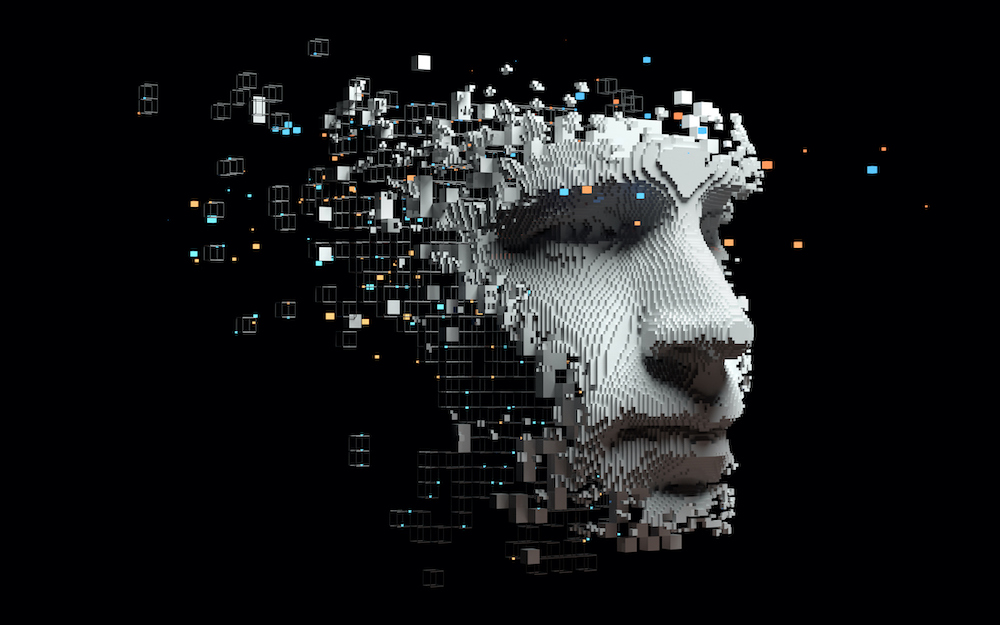The world of artificial intelligence and machine learning is evolving at an unprecedented pace, shaping industries and changing the way we engage with technology. This blog post explores the exciting advancements made in recent research, from artificial skin that can feel pain to sophisticated systems predicting player movements in soccer. As these domains expand, the implications for robotics and various applications become ever more captivating.
Artificial Skin: A New Era for Robotics
Imagine a robot that can genuinely feel its surroundings, a concept that was once confined to science fiction. Researchers at the University of Glasgow have taken a significant step towards this reality with the development of “artificial skin.” This groundbreaking invention employs “synaptic transistors” designed to replicate neural pathways, enabling it to learn and respond to simulated pain.
- Innovative Circuit Design: Unlike prior attempts at artificial skin, this version employs a built-in circuit acting as an “artificial synapse.” This design allows for quicker processing times, creating a more responsive system.
- Real-World Applications: The potential uses for this technology are vast. For example, it could be integrated into robotic arms to keep them safe from high temperatures or delicate situations, ensuring enhanced safety and functionality in various environments.
Predictive Algorithms in Sports: The DeepMind Breakthrough
In another remarkable development, DeepMind has introduced the Graph Imputer, an AI model that can foresee the movements of soccer players on the field. Utilizing camera recordings focused on a portion of the players, this innovative system is able to predict the whereabouts of all players, including those out of view.
- Implications for Sports Analytics: While this technology is groundbreaking, it holds promising potential for future applications, such as enhancing pitch control models and understanding player dynamics both during and after matches.
- Beyond Soccer: The techniques validated by Graph Imputer could also revolutionize pedestrian modeling and crowd analytics, transforming how we think about space utilization in urban settings and within large venues.
Advancements in Photo and Video Generation
The realm of image generation has seen spectacular advancements as well, driven by efforts from The Chinese University of Hong Kong (CUHK) and Tsinghua University. Their work on systems like Text2Human and CogVideo demonstrates the growing capabilities of AI to generate realistic images and even videos based on textual descriptions.
- Text-to-Image Translation: CUHK developed Text2Human, which can create images of fictional characters based on detailed captions. This technology has applications in fields ranging from video game design to virtual casting for films.
- Video Generation: Tsinghua University’s CogVideo takes it a step further, creating short videos from simple prompts. Though currently imperfect, these technologies illustrate the future possibilities of visual storytelling and animation.
The Role of AI in Drug Discovery and Medical Diagnostics
Moreover, AI is increasingly being used in complex fields like drug discovery and medical diagnostics. With the vast and intricate molecular data, researchers from Carnegie Mellon University are developing models that sift through billions of uncharacterized molecules to enhance toxic chemical identification.
- Machine Learning in Chemistry: By slightly altering molecular structures and observing the changes, the AI algorithms can gain valuable insights into how different compounds behave, outperforming traditional models.
- Clinical Meta-Algorithms: The Technical University of Munich is creating algorithms that integrate various data sources to differentiate between diseases with similar symptoms, aiding healthcare professionals in making accurate diagnoses.
Conclusion: The AI Revolution
From artificial skin that can react to pain to advanced systems that predict human behavior on a field, the advancements in artificial intelligence are not just technological marvels; they are reshaping industries and our daily experiences. The ongoing research and development in these fields promise exciting, practical applications that will continue to facilitate innovations across multiple sectors.
At fxis.ai, we believe that such advancements are crucial for the future of AI, as they enable more comprehensive and effective solutions. Our team is continually exploring new methodologies to push the envelope in artificial intelligence, ensuring that our clients benefit from the latest technological innovations.
For more insights, updates, or to collaborate on AI development projects, stay connected with fxis.ai.

